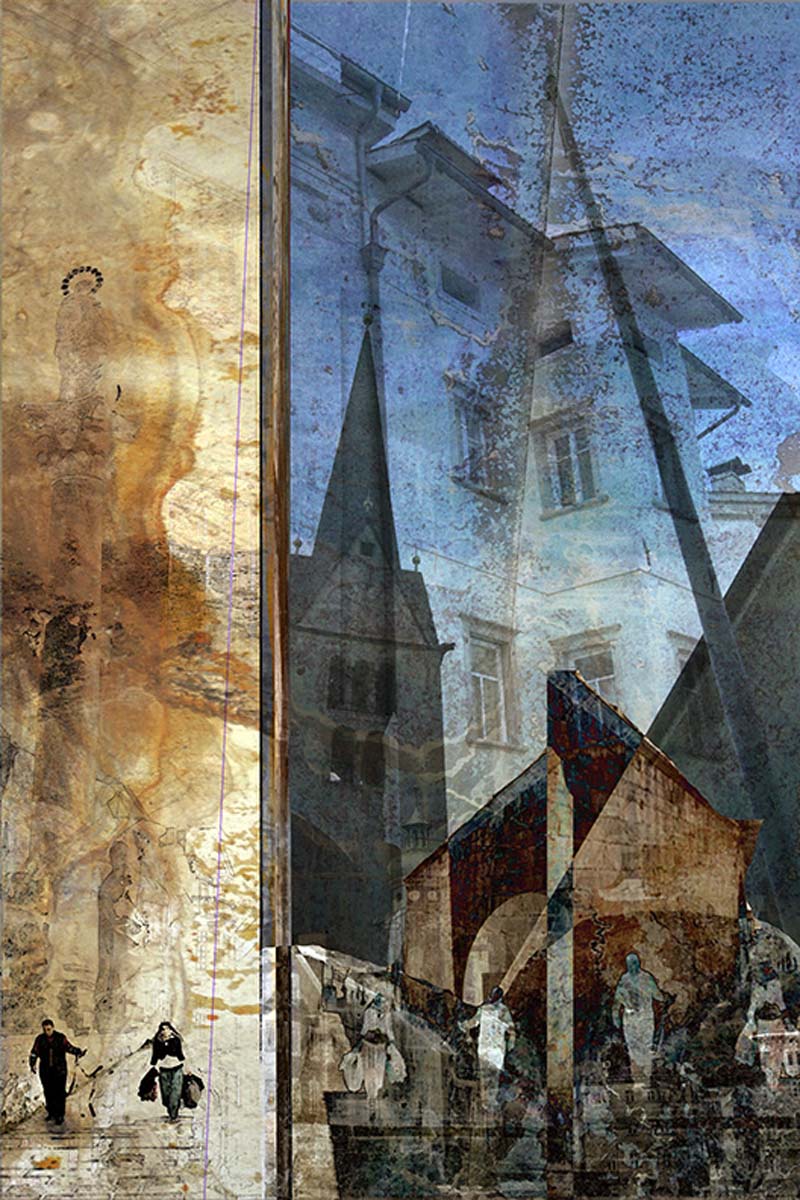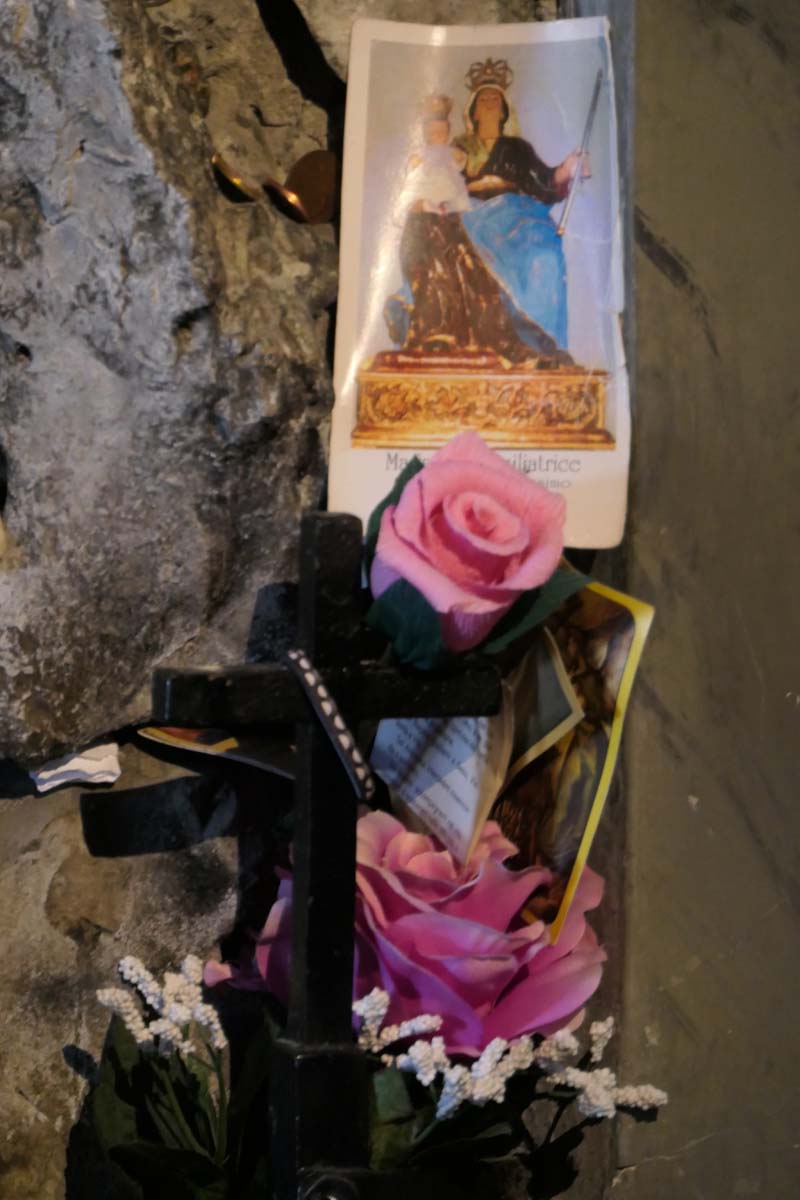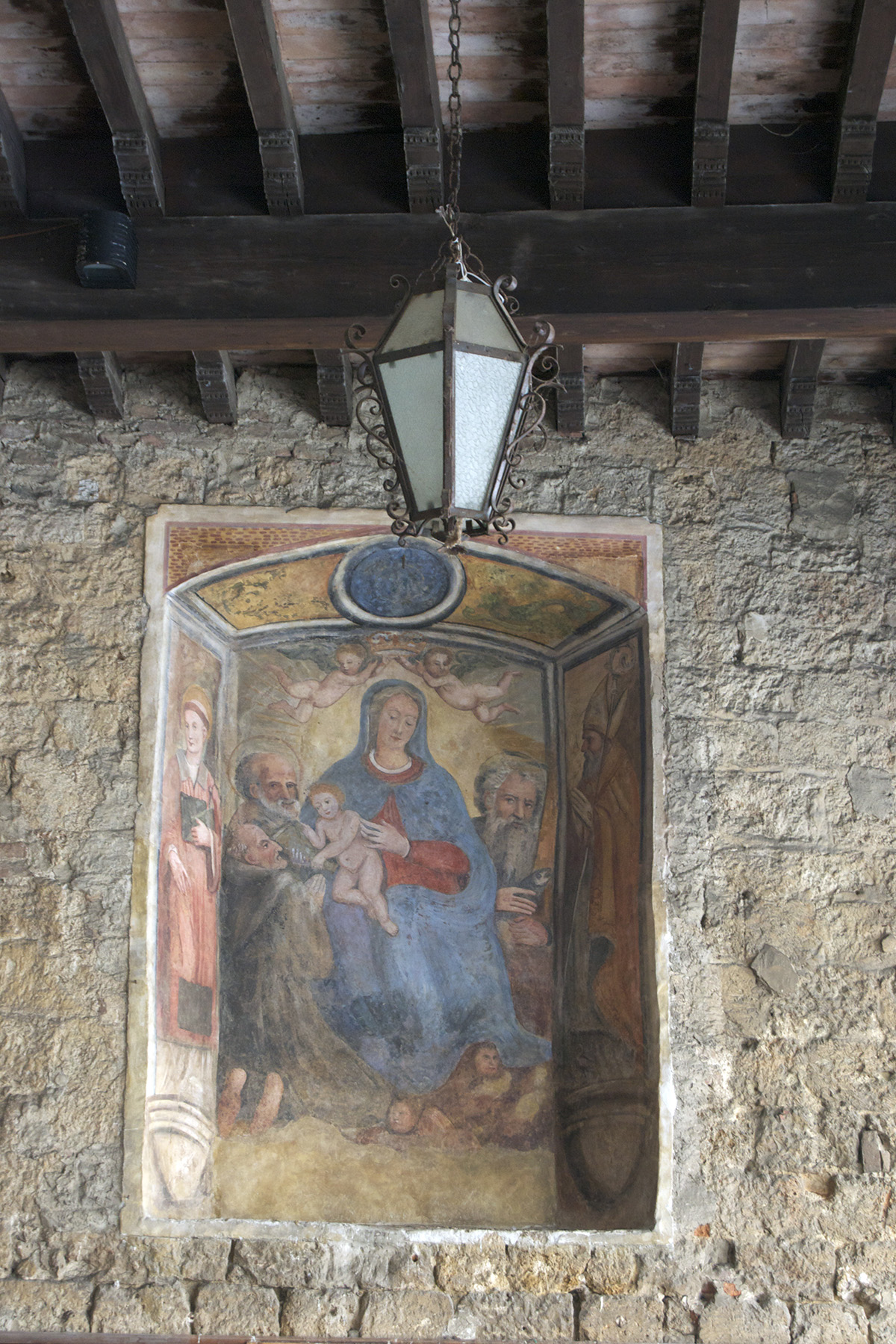Christmas is upon us, and I thought I would remind us of the disconnect between the deeper truth of the narrative contained in the Christmas story on the one hand, and the way those newly elected are ignoring it despite professing to be eager to return to the “real” lessons of Christianity. I know, not what you really want to hear – “Can’t she be uplifting at least this week?”

The way I see it: after hearing what I have to say, maybe you’ll be in the mood of uplifting others a bit more, and so on net, there’s going to be more uplift in our community. For those who need it the most.
Here’s a Blitz recap of the biblical story: poor, pregnant folk forced to travel for census, (and later forced to flee to Egypt to escape King Herod’s order to kill all baby boys born in Bethlehem over the last years) seek refuge at the inn, which is denied. Birth happens in a stable. Inherent to the narrative: there are some who get in and some who don’t, there are those who are worthy and those who get to make decisions about who is and who isn’t. The moral imperative, when you read the story in the larger context of the redemption narrative, is, I believe, this: we have collective and moral responsibilities to protect the powerless and weak, to extend our support to those who suffer.
The Holy family suffered through stages of displacement and incremental, existential danger. So do millions of displaced people in 2024 – 120 million, to be precise, according to the latest report by the U.N. refugee agency, UNHCR, covering both internal displacement and refugees crossing borders due to ongoing crises and newly evolving conflicts. The report was done even before the last 6 months of the Gaza and Lebanon wars.

Despite – or maybe because – of these ever increasing numbers, the sentiment in favor of closing borders and rejecting further immigration has been steadily rising, fanned by the propaganda of right-wing sources who see a convenient tool in the scapegoating of others and by inflaming racist resentments. Curiously, you hear these sentiments even from immigrants themselves – many Latino voters explicitly turned to Trump for his promises of closing the border, firmly believing that it would not endanger them or their families as well adjusted community members, and threats of deportation were overblown. What explains this pulling up the ladder behind you, once you’ve reached a certain point?

In a more tragic example, the perpetrator of the Christmas Market attack in Germany this weekend was an immigrant from Saudi Arabia, a psychiatrist who had renounced Islam and fully embraced the neo-Nazi party’s agenda of closing the borders to asylum seekers. He killed 5 people, a child among them, and seriously hurt hundreds more, full of rage that Germany allowed an influx of Muslim refugees.
(His twitter account with 47.000 followers was conveniently cleaned of the years of comments that worshipped the AfD, the neo- Nazi party, applauded a genocide of Palestinians and threatened to kill Ex chancellor Merkel for her openness to refugees, after the attack.)
The Saudi government had warned the German authorities about his threats three times; the Twitter folks had been peppered with warnings and complaints about his racist outcries, only to ignore them. Musk, of course, just this week, gave his endorsement to the AfD in the upcoming German elections.) Is this identification with the perceived strong men in hopes they might accept you in your idolation, called by some racist assimilationism?

Let’s look closer to home, though. Last week, the citizens of Lincoln county found a personally addressed letter in their mail box, urging them to do this:

The authorities as well as some in the community reacted with an outcry, and the “Lincoln County Sheriff’s Office noted that Oregon law does not allow the inquiry of collection of a person’s immigration or citizenship status, explaining that is why deputies do not document or share that kind of information with Immigration and Customs Enforcement (ICE).
“One of the things we tell each person when they join our team is to ‘do the right thing,’” officials said. “We are encouraging our community members to do the right thing and use compassion as we encounter these types of messages.” (Ref.)
Compassion to combat racism. Hmhhmmmm.

How about education? Here are two sources that really help us understand the myths around immigration – so many of the factual assumptions that folks use to justify a closing of borders are simply wrong. Here you can read a summary by a U. Penn Wharton professor of economics, and here is a fact sheet about the myths from the folks at the International Institute at New England, neither hotbeds of radicalism….
Let me just summarize the main findings:
- Immigrants are less rather than more likely to be criminals compared to US born individuals.
- Immigrants are not a drain on the US economy. Quite the opposite, they contribute in many ways, taxes and the founding of new businesses which provide jobs, included.
- Immigrants are not taking jobs from the US labor pool. The reality is that the labor market is absorbing immigrants at a rapid pace, while simultaneously maintaining record-low unemployment for U.S.-born workers. In addition, they take the back breaking jobs that US citizen won’t.
- Asylum seekers are not just coming here for the jobs.
- The Democratic Party did not “import” immigrants to sway the election.
- Immigrants do not bring a culture, ideology or ideas that are harmful to the US. Overall political views of immigrants to the U.S. do not differ significantly from those of other Americans. They come to the U.S. because of their affinity to its economic and governing principles, not in spite of them.
It is, of course, not just a discussion concerning the admission of further people seeking to live in the U.S. It is clearly about ridding ourselves of those who are already here – if they are undocumented, brown, or even born here to parents not officially part of the citizenry. We will see what will happen come January 20th and if the deportation threats delivered during the election campaign and spelled out in Project 2025 will be fully enacted.
No room at the inn? Certainly room at the prisons. We know that ICE detains an average of 37.000 people per night. Here is the history of immigration detention, from the early 1900s to know. Even the Wall Street Journal is worried about how the private prison complex gears up for the expected mass deportations and what damage it will do to the economy, much less the moral fiber of the country. Then this here from FORBES:
“WHY PRIVATE PRISON STOCKS ARE UP SO MUCH
Boosting CoreCivic and Geo Group stocks further Monday was Trump’s appointment of Tom Homan as his “border czar,” with the former acting ICE director an advocate of a “humane” but “necessary mass deportation operation.” In a conference call last Thursday, Geo Group chairman George Zoley said he expects the government to fund 70,000 to 100,000 beds in ICE detention centers, roughly double the 41,500 beds now funded. Geo Group can up its operational ICE detention center beds from 13,000 to 31,000 by next year, forecasts Brendan McCarthy, an analyst at independent research firm Sidoti. McCarthy projects $3 billion in revenue for Geo Group in 2025, a 24% jump from its blended 2024 sales.”

Merry Christmas to those who celebrate! We should all become inn keepers, with open doors and even overcrowded rooms, not cages. Ethics, if not religion, demand it.
Photographs today are montages from an old series The Immigrants’ Dream.
Music from Mahalia Jackson from 1955….No Room at the Inn
And here is a jewel from 1959 – Vera Ward Hall sings the song and then tells the Christmas Story, right from Alabama.






















































































































































